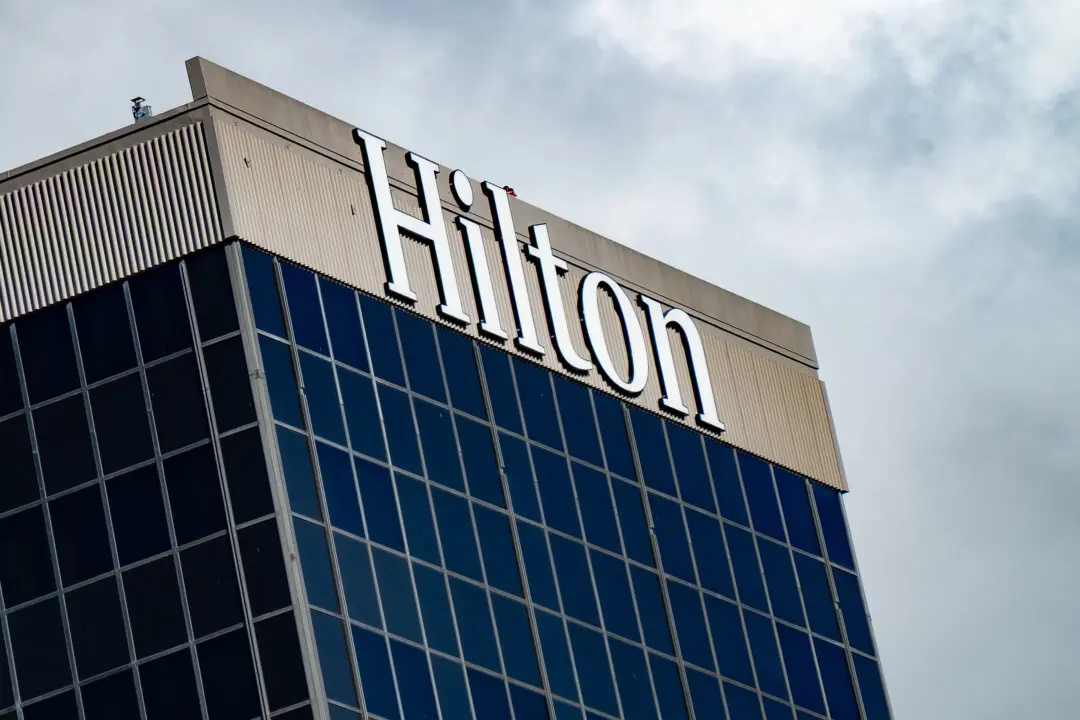Supervised drug consumption sites may be coming to San Francisco despite California Gov. Gavin Newsom’s veto of legislation with a similar plan by Democratic state Sen. Scott Wiener last year and widespread opposition to the idea.
The San Francisco County Board of Supervisors unanimously voted on Feb. 28 to allow nonprofit groups to run supervised injection sites with private funding. Because ordinances require two readings, the supervisors will cast their final vote on March 7.





